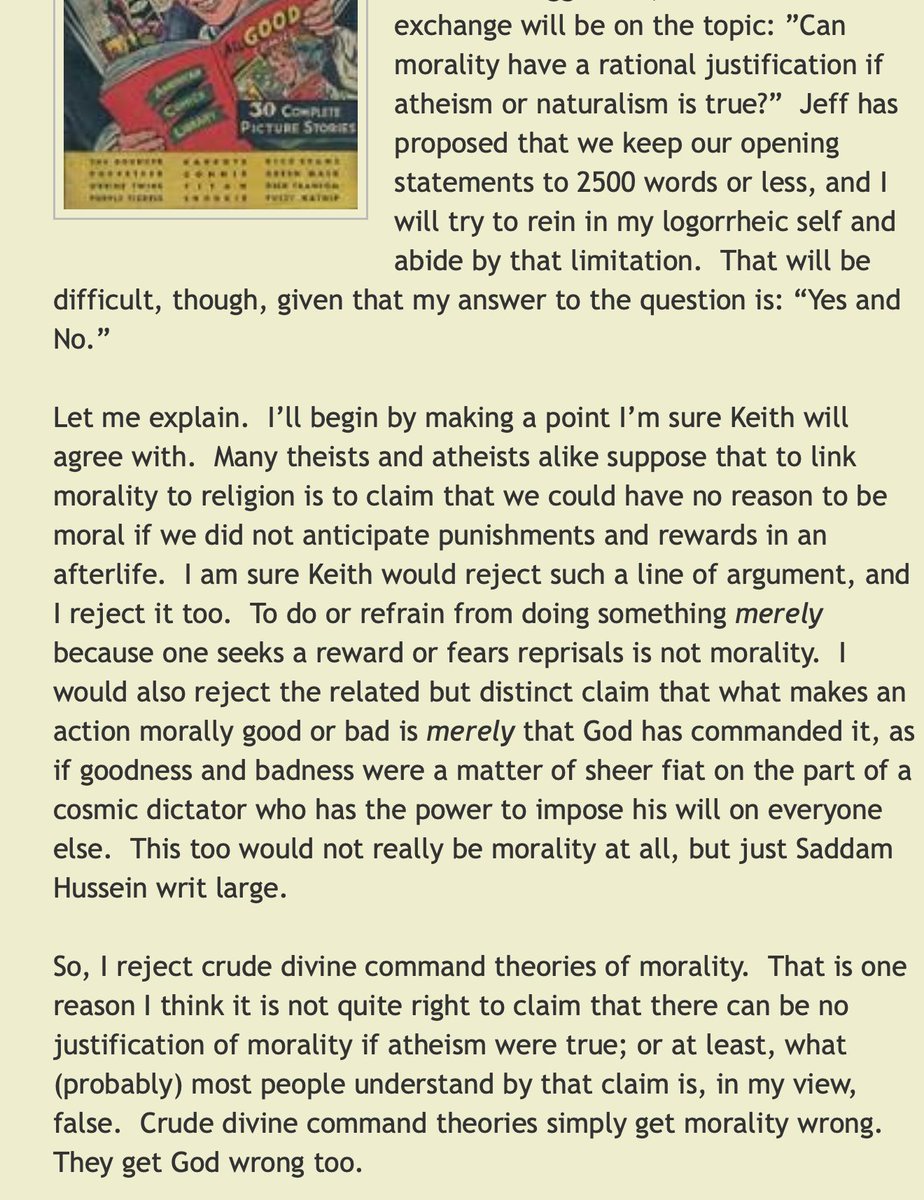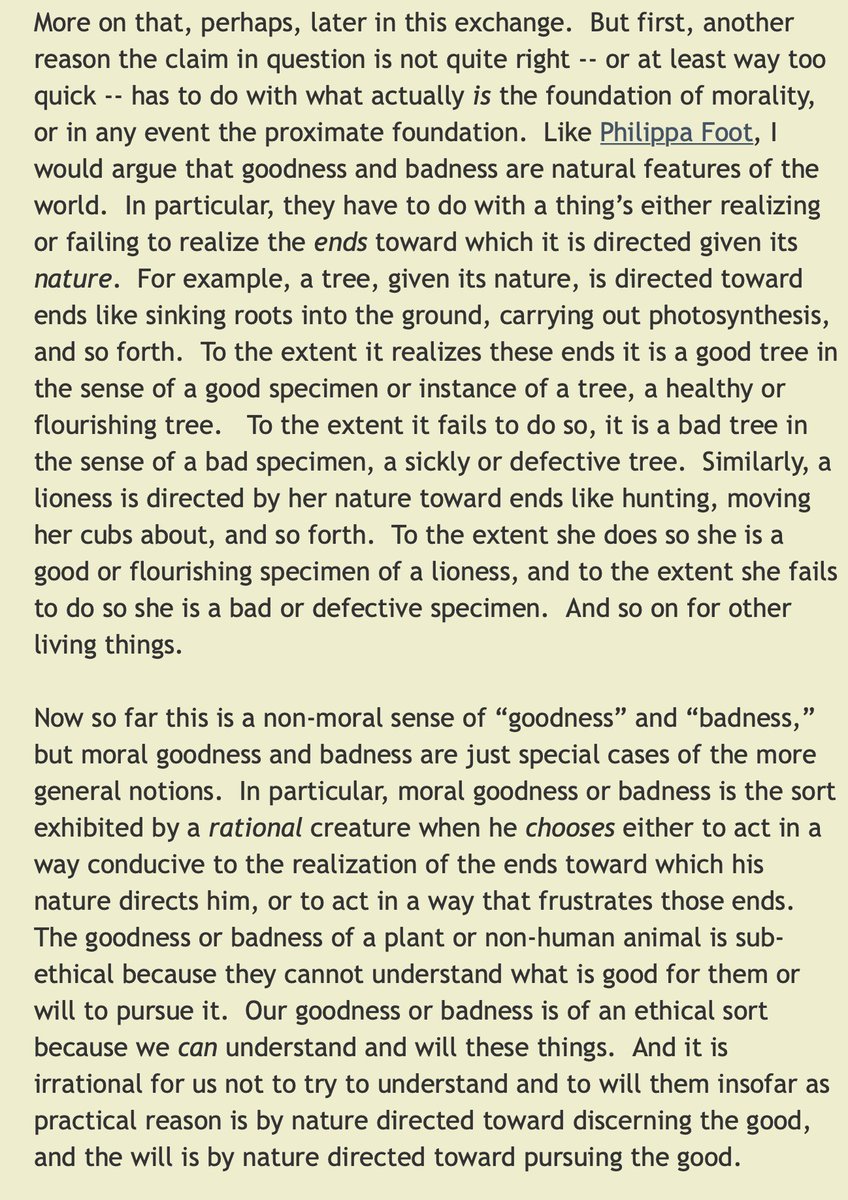
The experience of God is the BEST POSSIBLE evidence for the existence of God. Any good faith effort to find out whether there is God or not will necessarily involve the methods by means of which one most opens oneself up to the experience of God.
Needless to say, a constant stance of nugatory skepticism is utterly destructive to this: if you are determined precisely NOT to accept the experience that would constitute the evidence you claim you desire, then your claim is not an honest one.
Henry’s remark here is interesting to me: "Neither do Christians usually come to believe in God through powerful religious experiences that strike them out the blue.”
I am in the minority here.
I am in the minority here.
I’m not sure the unbeliever who constantly demands evidence would be very happy with it if he got it. He would then know, beyond any possible doubt, there is a God—but like Cassandra, he would be utterly unable to convince other unbelievers, despite his indubitable knowledge. 

It is, frankly, tooth-grindingly frustrating to KNOW beyond any possible doubt that there is God, and yet to be unable to sufficiently communicate this fact to others who lack the requisite experience.
Of course, I have no idea why God choose to reveal Himself to me in the way He did. Since God is God, His reason for doing so must be a good one, but some days it makes me want to bang my head on my desk.
Not that I don’t have a lot of practice at that.
I remember a day of tooth-pulling philosophical agony when I could not get my students to affirm “rape is morally wrong,” but on the same day they regarded me as a moral monster for noting “we do not live in a rape culture.”
I remember a day of tooth-pulling philosophical agony when I could not get my students to affirm “rape is morally wrong,” but on the same day they regarded me as a moral monster for noting “we do not live in a rape culture.”
• • •
Missing some Tweet in this thread? You can try to
force a refresh














